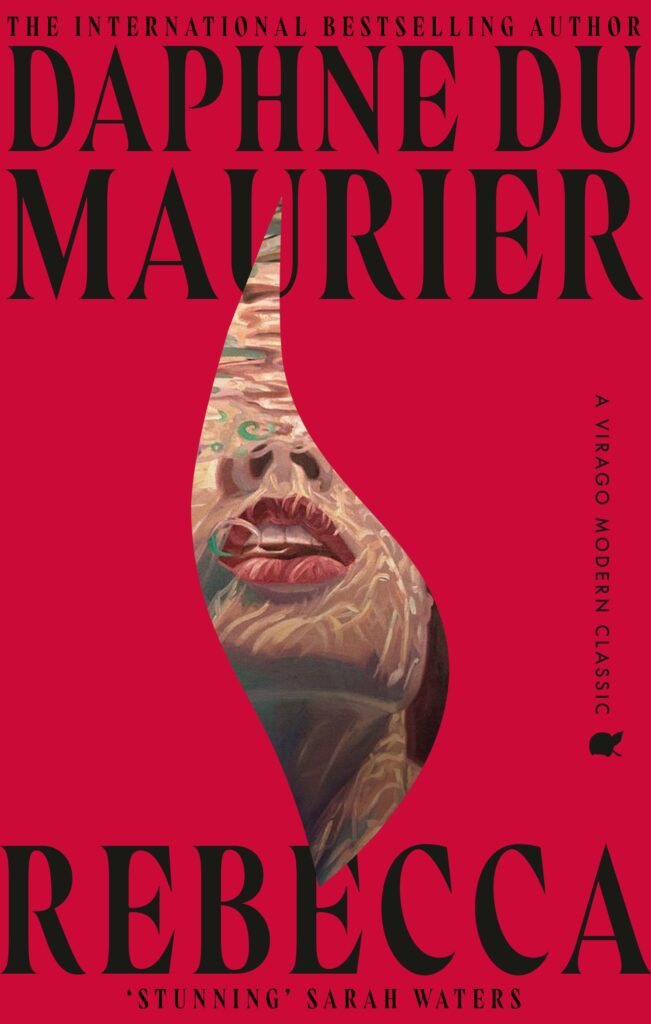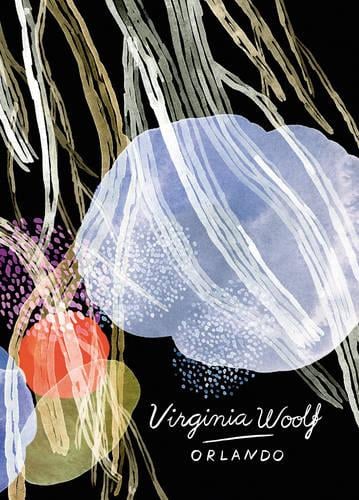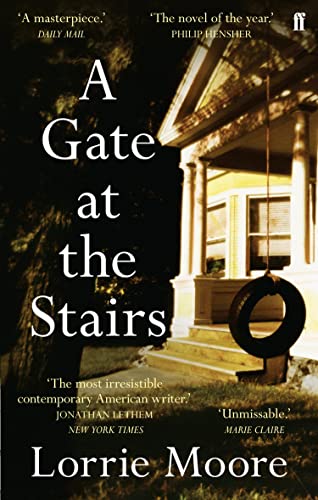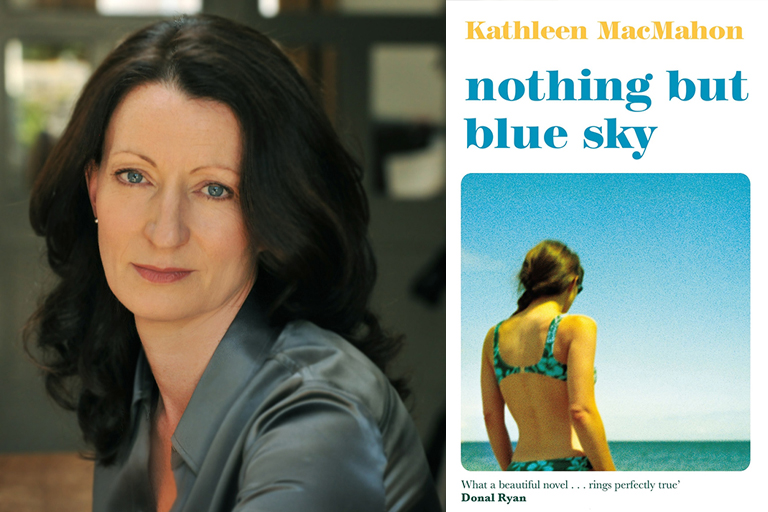We are joined by an old friend of the Women’s Prize this week on the Bookshelfie podcast: author and activist Elif Shafak.
As a shortlisted author in 2022 and a judge in 2016, we were so excited to see which five books Elif picked and we were not disappointed!

I was young when I read Rebecca for the first time. I loved the book, but I re-read it recently. And it’s amazing. I mean, the things that I hadn’t noticed on my first reading that I noticed this time made me angry, made me interact with the novel in a completely different way. It’s a brilliant, brilliant book. I love Rebecca. I think it’s a very multi-layered book. But you can’t just read it once, you know, it’s the kind of book that deserves to be read and re-read and re-analysed.

It is very, very close to my heart. I mean, earlier, we spoke about Rebecca, I love it as a story. But when it comes to Orlando, it’s the craft itself, you know. How do you write a novel? I remember the first time I read Orlando – and I read it several times throughout my life – but the first time I read it, it was just mind blowing for me, because I never knew you could write a novel in this way.

At many moments in our lives, we feel alienated, as if we can’t fit in. We feel like we’re outsiders for different reasons. So that is a very lonely position, but it’s also a great threshold. For art, it makes you an observer. This book is written through the eyes of that observer, looking at herself, looking at things from outside, not quite fitting in, not quite belonging, but also observing with immense emotional intelligence. So those are the feelings that stayed very much with me after reading this book.

I think sometimes we don’t realise that our reading lists are very Eurocentric, which is usually books from Europe, from America; our tastes are geared in that direction; the reviews are always tilted in that direction. But there’s another literature out there in the Middle East, as you go east and south. There’s a multiplicity of traditions of storytelling. And I always try to remember that and keep that in mind. So I love this story set there.

I love this book, I think Siri is an intellectual nomad. She travels across disciplines from neuroscience to, of course, comparative literature to biology, but also to cultural studies, cinema, psychology… there’s a lot of psychology in this book. And this whole idea of a woman analysing the way men look at women, like layers upon layers, the ultimate observer, paying attention to even the smallest things, but then also connecting them.








